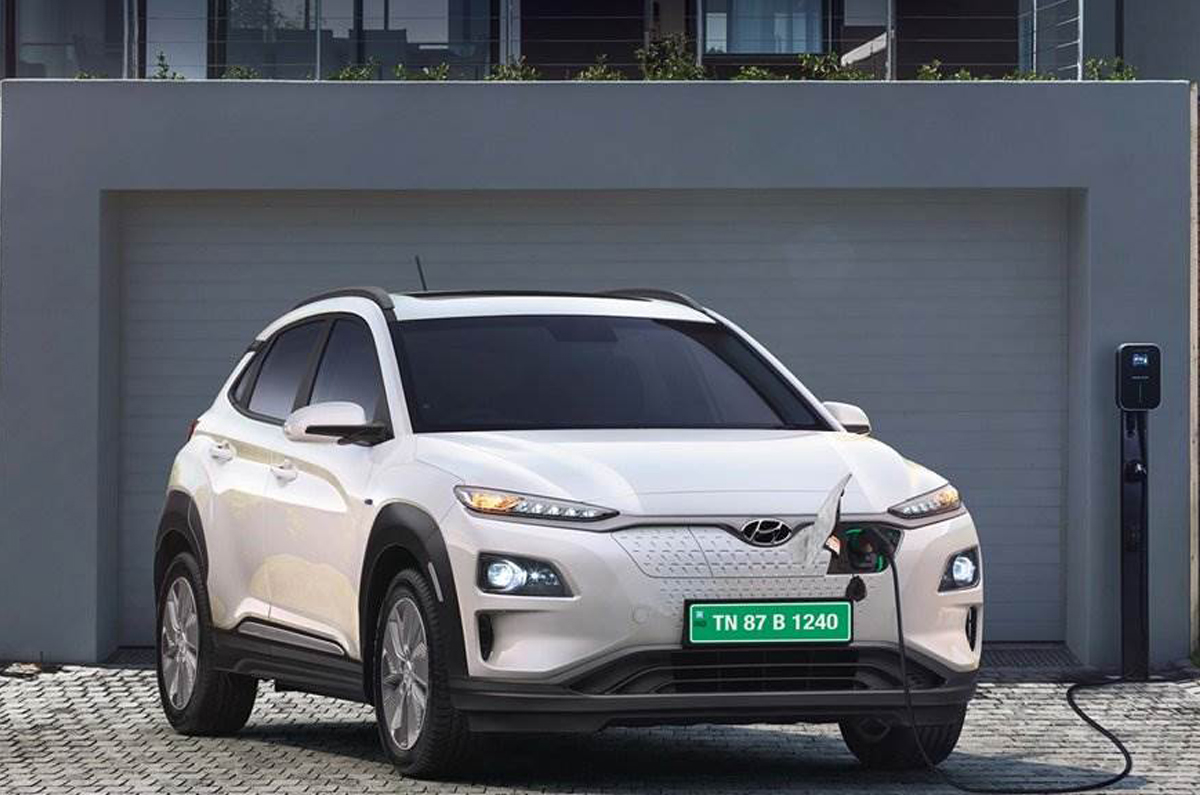
Earlier last week, American EV maker Tesla reiterated the fact that the company is open to setting up a factory in India if it finds success with imported vehicles. However, to find success with imported EVs, CEO Elon Musk stressed that the government needs to considerably reduce import duties on fully assembled EVs.
Hyundai Motor India, the second largest automaker in India, has now backed Tesla, saying that any reduction in taxes on imported electric vehicles will be a huge welcome as it will help automakers generate some much-needed volume and reach some viable scale.
- Hyundai recently inaugurated new corporate headquarters in Gurugram
- Company working on more affordable, locally developed EV for India
- Stresses on more government investment in charging infrastructure
Hyundai reiterates need for tax reduction and incentives for EVs
Hyundai, who recently inaugurated its new corporate headquarter in Gurugram, has supported Tesla’s call to lower duties on imported EVs. The company noted that governmental support with respect to reduction of taxes and more investment in charging infrastructure are the two most critical aspects for faster adoption of EVs in India.
Hyundai Motor India MD and CEO, S S Kim, said, “We have heard that Tesla is seeking some duty cuts on imports of CBUs. So, that would be very helpful for the manufacturers to reach some economy of scale in this very price competitive segment.”
Kim further added, “It will take manufacturers time to localise EVs by 100 percent. We are developing made-in-India affordable mass-market EVs but at the same time, if the government allows some reduction in the duty on imported CBUs, that would be very helpful for all of us to create some market demand and reach some scale.”
This comes on the back of Tesla writing a letter to Indian ministries, seeking a reduction on central taxes on import of fully assembled electric vehicles to 40 percent. Currently, import duties on cars priced below $40,000 is 60 percent, and it’s 100 percent for cars priced above $40,000. It also depends on factors such as engine size, insurance and freight.
Replying to a tweet about Tesla launching its cars in India, Musk said, “We want to do so, but import duties are the highest in the world by far of any large country!” Even taking a dig on the government, he further added, “Moreover, clean energy vehicles are treated the same as diesel or petrol, which does not seem entirely consistent with the climate goals of India.”
While electric four-wheelers still need some time to gain traction, Kim noted that the country has huge potential in the electric two- and three-wheeler market. However, charging infrastructure still remains the biggest challenge for automakers, and the resulting range anxiety is the biggest concern for customers.
Kim said, “Not only reduction in duties but more investment on charging infrastructure from the government would be critical for the future of EV market in the country. The customer is most concerned about the range and charging options. In this regard, we need some very strong support from the government.”
Kim believes that, with the correct incentives to customers and support to the industry, the market can reach some level of scale in two years’ time. He said, “If we have some meaningful support, even for the private customer, that would be very helpful. If the demand is there and the market is starting to grow, I think that in two years we can reach a meaningful point in terms of scale and from that point we can manage.” However, until that point is reached, governmental support will be crucial to advance the case of EVs in India.
Hyundai India: upcoming launches
As for Hyundai’s car and SUV line-up for India, the carmaker’s last major launch for the domestic market was the new Alcazar three-row SUV last month. Hyundai has revealed that, in its first month, the SUV has received over 11,000 bookings, with over 5,600 units delivered to customers.
The brand’s next big launch is likely to be the all-new micro SUV codenamed AX1. The model is expected to make its international debut later this year and is expected to go on sale in its home market of South Korea under the name Casper. Hyundai’s mass-market EV for India is still some time away.
Also See:
Hyundai Creta facelift: new styling details revealed
Hyundai Alcazar vs Tata Safari comparison video
Hyundai Alcazar: Which variant to buy?
